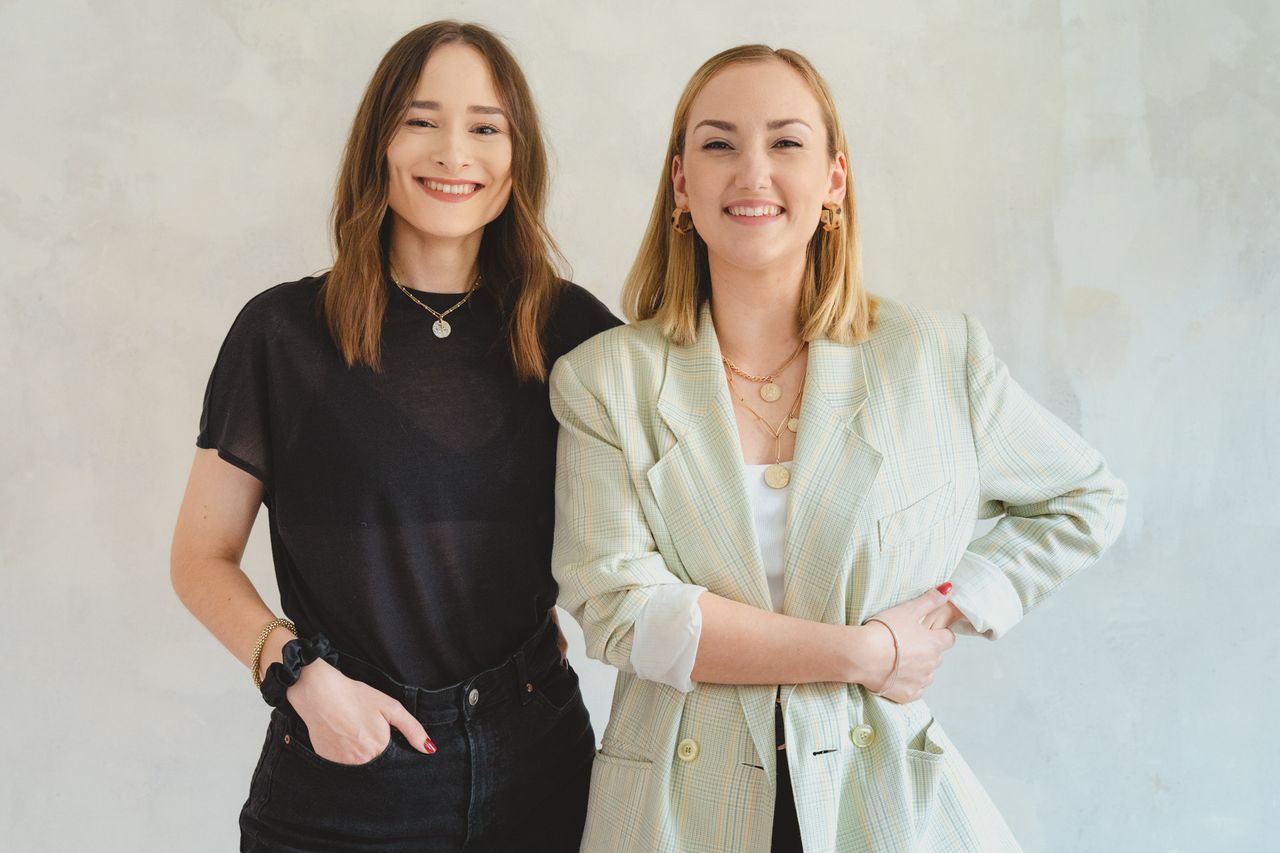Car insurance and financial planning – your guide to financial independence!
In this editorial article, Sarah from finance, baby! shares her most important tips to bring order to your financial chaos.


It's the 22nd of October 2021, and the bills are piling up. You've already received the second reminder to pay your car insurance, but you get your salary on the last day of the month. You actually wanted to invite your best friend for breakfast – sounds familiar? It does to us, too. That's why we took up the invite from our friends at Getsafe to be a guest blogger and share our most important tips from finance, baby! to bring order to your financial chaos.
Saving money means getting an overview – here are our top tips
Plan your budget and create a buffer!
First things first: Plan your budget! We know the feeling of not having an overview of our money, of fearing the incoming debits every month. That's why the first thing to do is to determine and organise your financial budget. This means listing your monthly income and expenses in advance. At best, your budget planning follows the 50/30/20 rule. This means: You should spend 50% of your income on basic expenses such as fixed costs and costs to cover your basic needs (food, cleaning products, etc.).
Important: Fixed costs also include your car insurance, as this is regularly charged to your account. On the other hand, you are allowed to spend 30% of your income on personal needs such as leisure activities. In our case, for example, this includes books and (too) many coffee dates. For the remaining 20% of your income, the rule is: save, baby! Special payments such as car repairs or deductibles for your car insurance after an accident require a financial buffer, a cushion saved by you to cover larger payments. A concrete example: With a net income of €2,000, you have €1,000 for fixed costs and basic expenses, €600 for your personal needs and €400 for savings.
Optimise fixed costs!
A golden rule: Ideally, your fixed costs should not exceed 1/3 of your income. But don't panic if you can't stick to this rule at first, that's no problem at all. It just takes a little routine and time. That's why we are focusing on optimising your fixed costs. This applies especially to your insurance policies. Check whether the premiums are reasonable. Are you in a money trap, can you save money with another provider, or does the insurance you have chosen make any sense at all in your current situation? We experienced ourselves how bitter such a wrong decision can be when it comes to car insurance. As a student, paying for damage to your car that can happen at any time, such as €600 for a new windscreen, isn’t affordable. This is the reality you face without having partial cover. That’s why we support insurers like Getsafe, who are transparent and do not try to hide anything in any insurance clauses.
Keep a budget book!
If you want financial independence, you don't need any fancy savings tips. It is much more important to get an overview of your money. In your budget book, you note down your income and expenses, check your fixed costs and learn to better estimate your financial scope. We know that it's hard to get started, and even in stressful months, we forget to write down all our expenses properly as well. Nevertheless, our motto is: Start before you’re ready, baby!
But how is that possible? It's simple: create an Excel spreadsheet, a note on your smartphone, a handwritten notebook or track your spending with apps like epap. Since we started keeping a budget book we are much more relaxed about financial issues and feel empowered and financially independent.
Brushing aside financial issues, hiding bills in the desk drawer and ignoring the negative balance on your account is something we at finance, baby! also know from our past. However, a lack of an overview of your finances does not lead to the desired suppression, but rather to fear, worry and stress. Therefore, our most important key learning for you is to gain an overview, deal with your income and expenses, find a provider who makes you feel good and saves you money, so you can achieve financial freedom! We know you can do this, baby!
You might also like:

